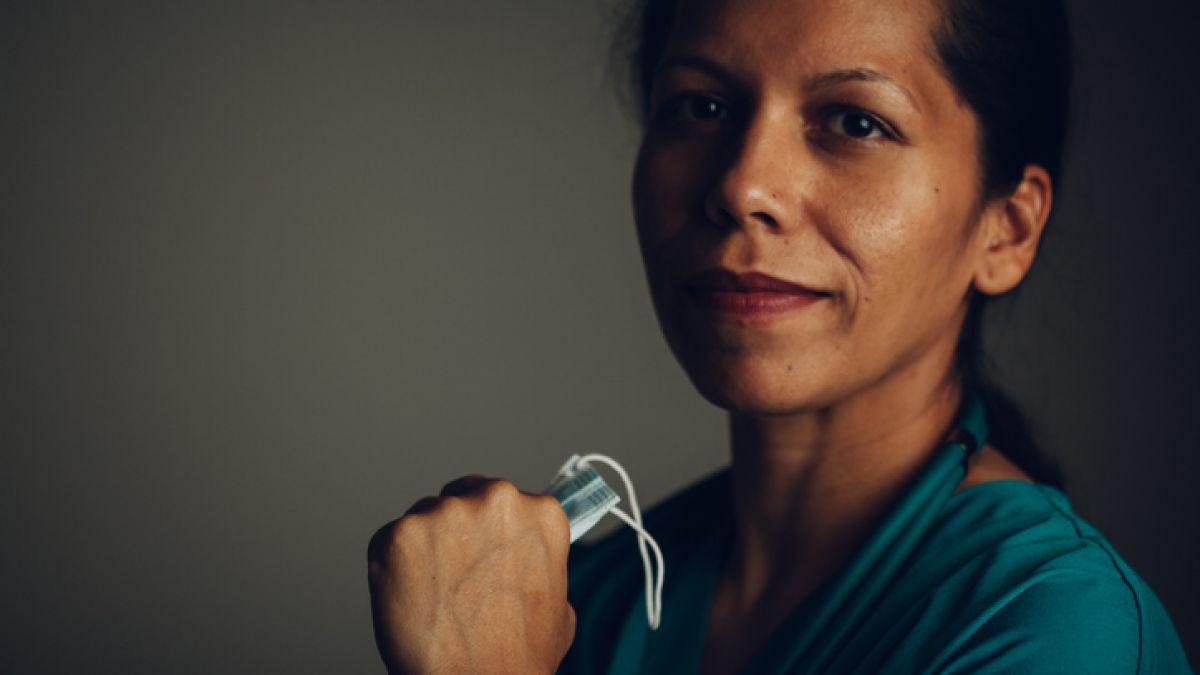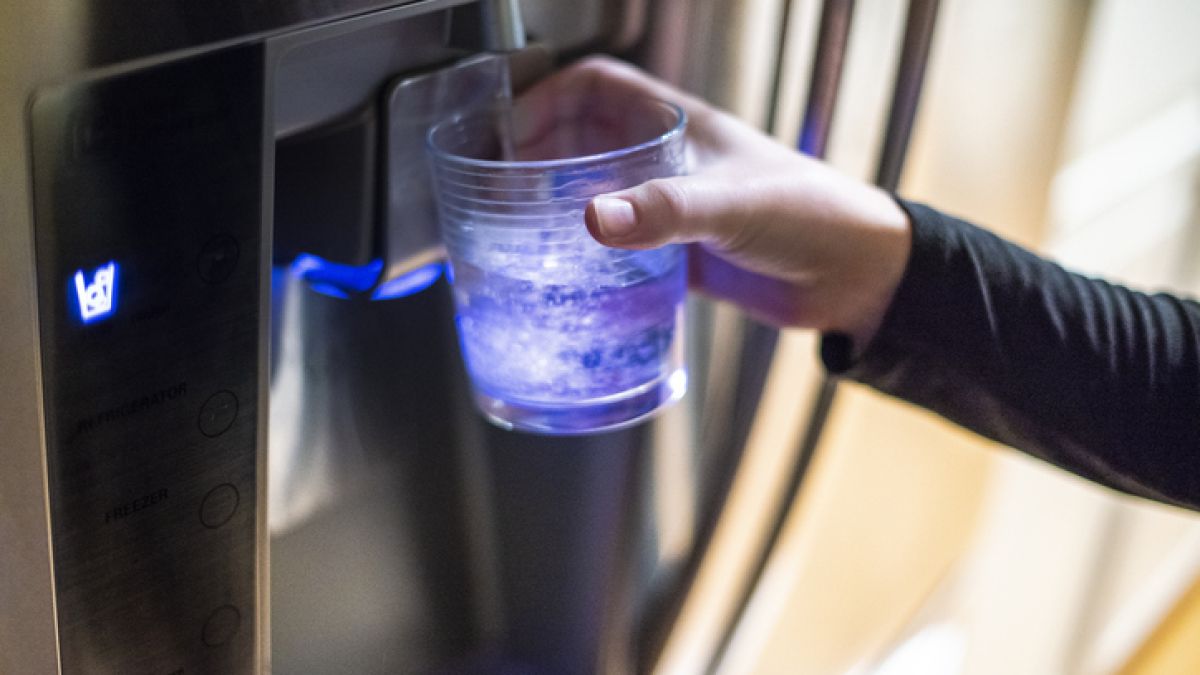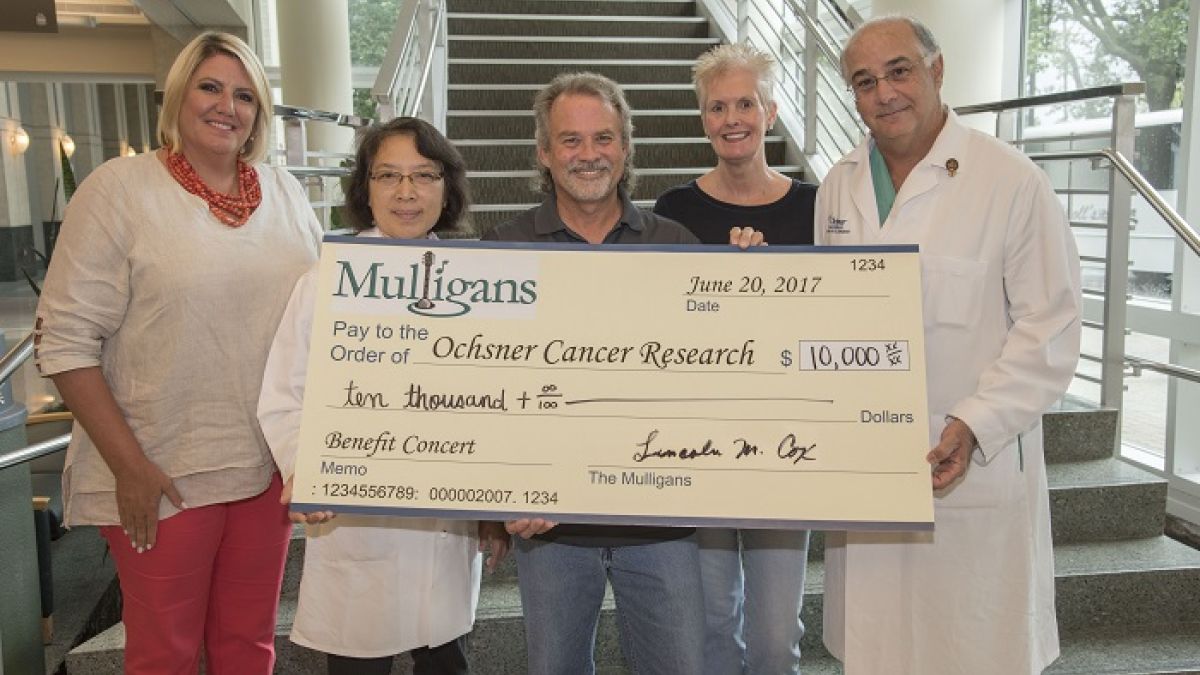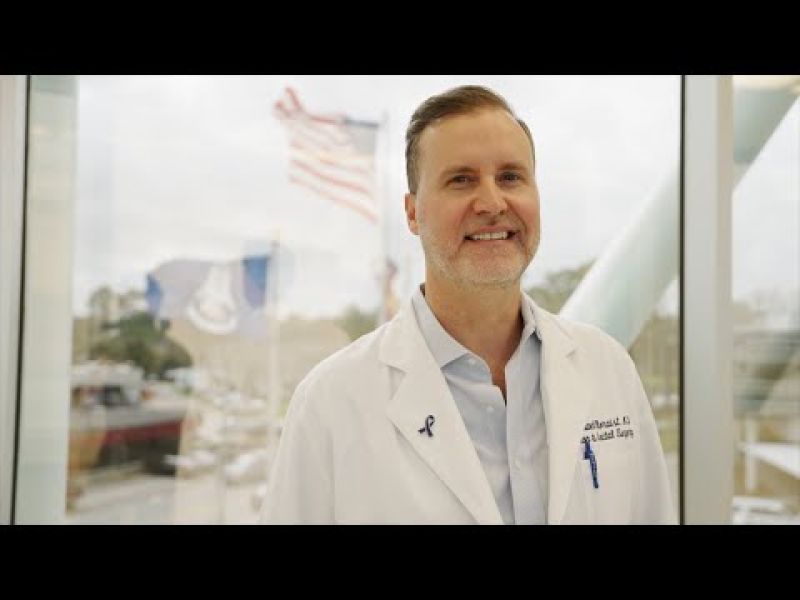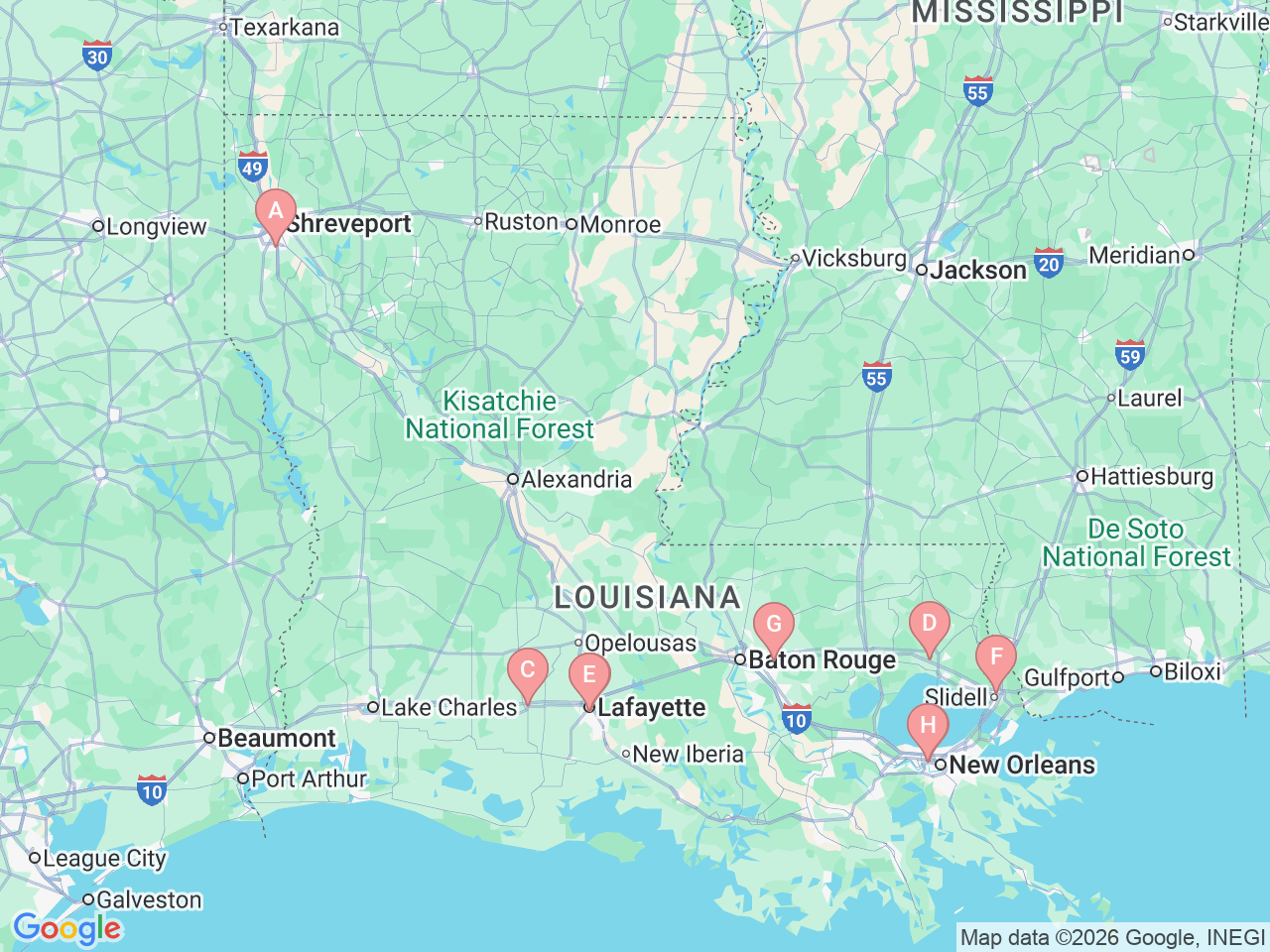Why Choose Ochsner for Colon, Rectal and Anal Cancer Care?
Ochsner Health provides comprehensive colon, rectal and anal cancer care across Louisiana, in New Orleans, Baton Rouge, Covington, Slidell, Lafayette, Crowley and Shreveport.
Our team includes gastroenterologists, surgical oncologists, colorectal surgeons, radiation oncologists, medical oncologists and other healthcare professionals who are dedicated to colon, rectal and anal cancer diagnosis and treatment. They work together to deliver the most effective treatment and support available. Our treatment plans are tailored to a patients’ needs, age and the prognosis of the cancer. We provide our patients with specialized knowledge that can make all the difference in treatment, quality of life and recovery.
The Ochsner Cancer Institute is at the forefront of colon, rectal and anal cancer prevention through patient screening, education, detection and treatment.






